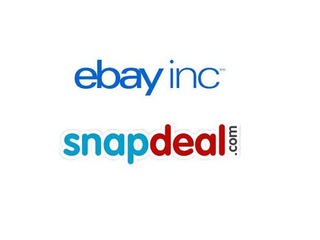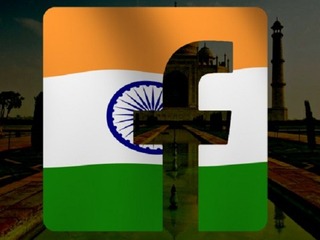Digital health funding declines for the third year in a row
AI-enabled digital health startups raised $3.7B, 37% of total funding for the sector
Read more...
We've been hearing for years about the opportunities for major growth in India, and 2014 seems to have been the year when it all came to fruition.
The latest company to stake its claim in the country is multinational mass media corporation News Corp., which has announced that is has purchased financial planning service BigDecisions.com.
No financial terms of the deal were disclosed, but it was also revealed that the acquisition also includes BigDecision.com's parent company, FinDirect Services Pvt Ltd. This, however, was not an acqui-hire, as co-founders Manish Shah and Gaurav Roy will be overseeing what is described as "a significant expansion of the Mumbai-based BigDecisions.com team as well as its consumer offerings."
They will report to Raju Narisetti, News Corp Senior Vice President, Strategy.
Founded in early 2013, BigDecision.com was, until recently, known as bigdecisions.in. The platform offers interactive, decision-making financial planning tools to help with getting the right life and health insurance, retirement planning, saving for a child’s education and buying and renting real estate. It has helped around 40,000 users.
“Our latest investment builds on our abiding belief that a digital India needs more trusted, reliable and independent data,” Robert Thomson, Chief Executive of News Corp., said in a statement. “BigDecisions.com will help Indians make the most important decisions by using accurate information tailored to their personal needs. This platform will be high quality, privacy-protected and easy-to-use.”
This acquisition follows News Corp's first investment in India as well; in August it participated in a $37 million round for PropTiger, an online real estate marketing platform in India. In all, News Corp. acquired a 25% stake in the company.
India in the news
There has been a flurry of activity in India this 2014.
It was the year that India became Uber's biggest non-U.S. market (though that status has now been threatened after an incident in New Delhi earlier this month, where a passenger was allegedly raped by a driver, caused the service to be banned in that city, as well as Hyderabad). It was also the year that Facebook hit the 100 million user mark in the country, giving it the second largest base of Facebook users in the world.
But mostly this year was all about India e-commerce, with huge investments and funding in that space.
Two companies in particular raised funding in the billions of dollars: Flipkart, which is also the largest e-commerce company in India, raised nearly $2 billion in three rounds.
First it picked up a $210 million investment led by DST Global in May and than a whopping $1 billion round, led by Tiger Global and Naspers, in July. Last week it raised another $700 million.
Meanwhile, Snapdeal, which is one of Flipkart's biggest rivals, raised at least $860 million in four rounds in 2014.
The first investment in the company was in a round led by eBay in February, in which it invested $133.7 million. The round also included Kalaari Capital, Nexus Venture Partners, Bessemer Venture Partners, Intel Capital and Saama Capital. That was then followed by another $100 million from Temasek, BlackRock, Myriad, Premji Invest and Tybourne in May, and then an undisclosed personal investmentfrom Ratan Tata in August. The company then added another $627 million from Softbank in October.
Both of those companies will have to deal with Amazon, which announced in July that it was going to be investing $2 billion in its Indian operations.
If 2014 was the breakout year for India, I can only imagine what 2015 is going to look like.
VatorNews has reached out to News Corp. for more information regarding the acquisition. We will update this story if we learn more.
(Image source: bigdecisions.com)
AI-enabled digital health startups raised $3.7B, 37% of total funding for the sector
Read more...OXcan combines proteomics and artificial intelligence for early detection
Read more...Nearly $265B in claims are denied every year because of the way they're coded
Read more...









